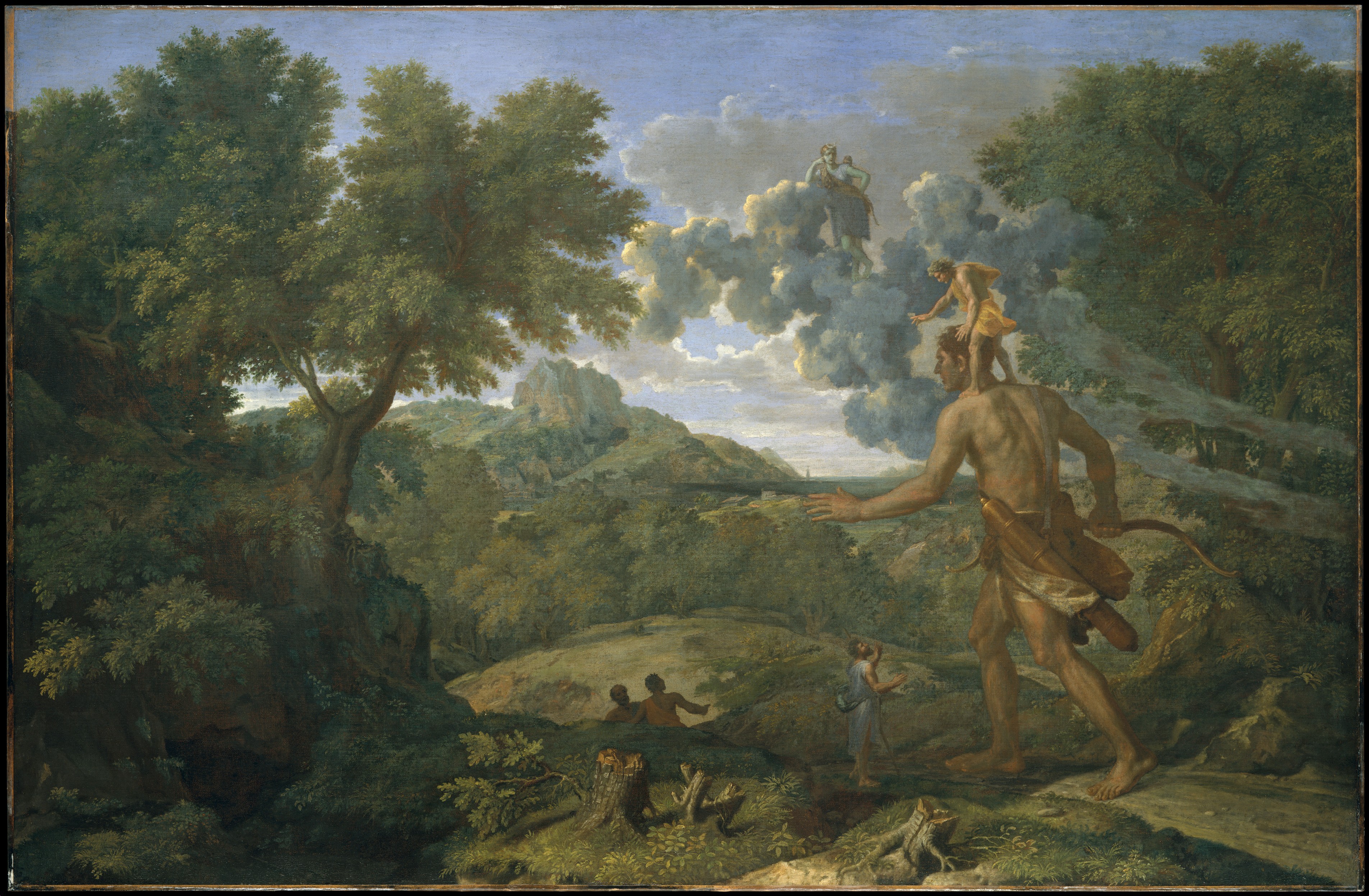There has been a fair amount of debate about the above video on YouTube over the last week or so and the discussion has provoked me into examining a number of issues which demand further scrutiny. The video comes as a response to feminist opposition to the sex industry due to its objectification of women. The counter argument posed by this video sees such opposition as an infringement of the right to use one's body in whatever way one chooses. This is a classic "liberal" argument which, at first glance, seems both logical and fair but which ignores the fact that a lack of boundaries doesn't necessarily coincide with a reduction in potential harm. If we were free to do as we wish with our bodies, would it be acceptable to sell one of our kidneys, one of our eyes, or even something more life-threatening or to offer our bodies for others to punch and beat in return for cash? If a market exists for such things, as it undoubtedly does, then there's money to be made. But as we all know, money corrupts. People are willing to do all kinds of things for money which they would never otherwise volunteer to do. Accepted, there are many unpleasant or dangerous occupations which only money can compensate for but usually these don’t disable or degrade the people doing them and if they do, every effort is made (or should be) to minimise this risk and compensate for it.
The American philosopher Michael Sandel has some fascinating views on the subject of prostitution and commercial surrogacy which are relevant here. He argues that such practices "corrupt the good bound up with the moral meaning of the human body and sexuality". Whilst we might wish for greater clarity here, I would agree with Sandel about what he identifies as an "impoverished conception of freedom that is concerned only with individual or consumer choice in the marketplace." Sandel argues for an alternative to consumer or market freedom which he terms "civic freedom" which:
"actually encourages men and women to think of themselves first as citizens, at least for political purposes, not first as consumers… This isn't really about restricting freedom, it's about enlarging and making more demanding the understanding of what freedom is. The freedom of citizens to deliberate about the common good, not just the freedom of consumers to pursue their own self-interest unimpeded."
One of the most powerful objections against calls for the legalisation of prostitution is that it's rarely, if ever, offered willingly, but rather as a result (direct or otherwise) of poverty, drug abuse or corruption. It's certainly difficult to imagine how anything but money could compensate for such a vocation, but the important thing to recognise here is that underlying this perception is often a more pernicious and insidious “commonsense” injunction against prostitution: the view that it’s somehow unclean, dirty, filthy, seedy, sleazy, sordid, base, squalid, nasty, foul, disgusting and repulsive. If ever a list of synonyms was a clear indicator of social disapproval, this is undoubtedly it. Most of these terms are inevitably and unthinkingly directed at the workers themselves to the point where it's very difficult to determine which is actually the more degrading: the job, or society's portrayal of the people who perform it. The stigma derives from prostitution’s longstanding historical association with sexually transmitted diseases, but at another level the attitude is also perpetuated by - and intricately intertwined with - more deeply seated puritanical values about the vices of carnal acts - with all their attendant primitive urges and bodily humours. However, it's always clear when such arguments are mobilised, particularly ones which resort to yuk responses, that this is simply a shorthand for "I haven't really thought this through and I'm just accepting what I've received from popular opinion."
Putting social circumstances aside for the moment (which may appear as one abstraction too far), what’s the essential difference between “normal” sex and sex with a prostitute? Normal sex involves reciprocal sexual desire whereas prostituted sex does not. It’s this deceptively simple yet fundamental difference which has such profound repercussions for our understanding of sex and sexual relations. The reason that many people have an aversion to prostitution is not so much because it's sleazy (for some this would be one of its attractions) but rather because it’s selfish (previously I wrote "inauthentic" - see the comments). And by this I mean that the desire involved is a one way street: its not reciprocal, simply consensual. Sex and sexual desire should never have to be measured against something as prosaic as consent. Consent is a nadir not a zenith; it’s a bare minimum; the lowest possible denominator below which is nothing but rape.
I think we need to make an extremely important distinction between two radically different kinds of sexual desire: reciprocal desire and rapacious desire. Reciprocal desire gives itself actively and freely and with one condition: that this desire is shared, whereas rapacious desire is a predatory desire distinct from lust by being particularly self-serving rather than simply impassioned. Rapacious desire treats others as things; as means to an end; as objects. Rapacious desire is exactly the self-interested pursuit of consumption which Sandel spoke of above and we need to be extremely vigilant about how and why we might wish to cater to this desire.
For this reason I disagree with the “Making Sex Work” video. I realize that the situation is deeply complex with far too many conflicting agendas to cover in a blog post, but of all the current ways of dealing with this morass of opinion and argument I think the Swedish Model is by far the most rational: decriminalize prostitution and support and provide legal protection for prostitutes but criminalize the users of prostitution. Target rapacious desire.
There’s a world of difference between the freedom of expression and the freedom to be abused.






